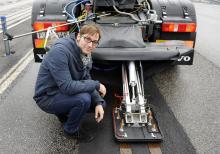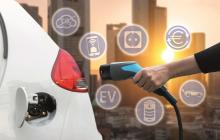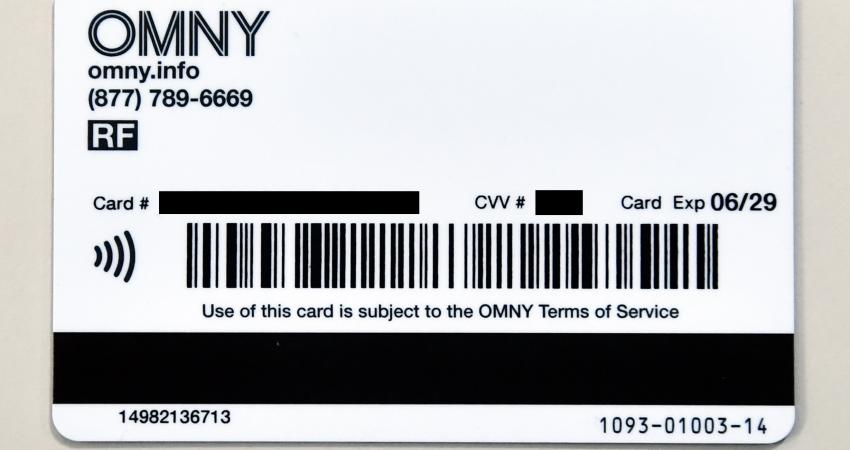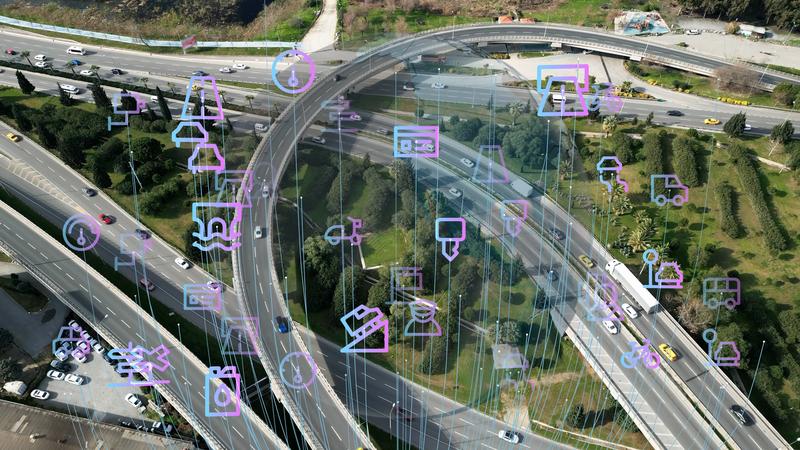A fleet of 130 virtual electric cars is set to appear on the roads of Munich, Germany, where the Technische Universität München (TUM) is to provide participating companies with smartphones that will be installed in taxis and commercial vehicles to track their movements.
The phones will record the exact location of the vehicle via GPS, along with driving behaviour such as acceleration, deceleration and turns. The phone’s software will then calculate the energy consumption for a freely configured electric
A fleet of 130 virtual electric cars is set to appear on the roads of Munich, Germany, where the Technische Universität München (TUM) is to provide participating companies with smartphones that will be installed in taxis and commercial vehicles to track their movements.
The phones will record the exact location of the vehicle via GPS, along with driving behaviour such as acceleration, deceleration and turns. The phone’s software will then calculate the energy consumption for a freely configured electric vehicle and show the charge status of a virtual battery.
In parallel with the simulation phase, the data calculated will be validated using a real electric car. “This will show various taxi and commercial operators that partial electrification of their fleet would not only be technically feasible, but would offer economic and environmental benefits,” maintains engineer Benedikt Jäger from TUM’s Institute of Automotive Technology.
For the researchers, the biggest challenge lies in establishing the measures needed for electric vehicles to handle the considerable distances driven by taxis and commercial vehicles. Electric vehicles have different ranges, so one of the important findings from the project will be the location of additional charging stations that would need to be installed on taxi and commercial routes.
The phones will record the exact location of the vehicle via GPS, along with driving behaviour such as acceleration, deceleration and turns. The phone’s software will then calculate the energy consumption for a freely configured electric vehicle and show the charge status of a virtual battery.
In parallel with the simulation phase, the data calculated will be validated using a real electric car. “This will show various taxi and commercial operators that partial electrification of their fleet would not only be technically feasible, but would offer economic and environmental benefits,” maintains engineer Benedikt Jäger from TUM’s Institute of Automotive Technology.
For the researchers, the biggest challenge lies in establishing the measures needed for electric vehicles to handle the considerable distances driven by taxis and commercial vehicles. Electric vehicles have different ranges, so one of the important findings from the project will be the location of additional charging stations that would need to be installed on taxi and commercial routes.












